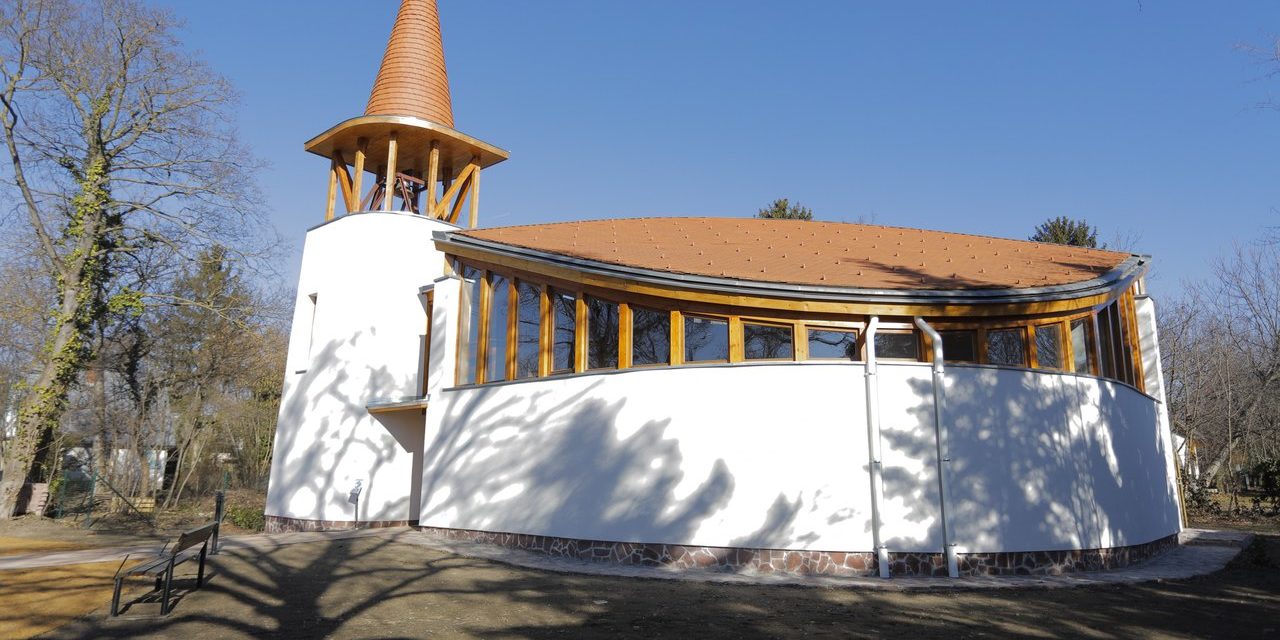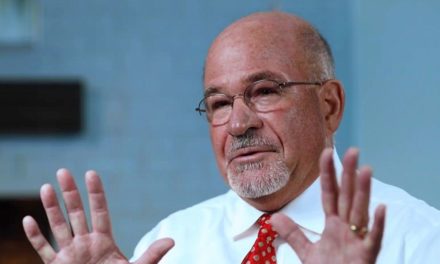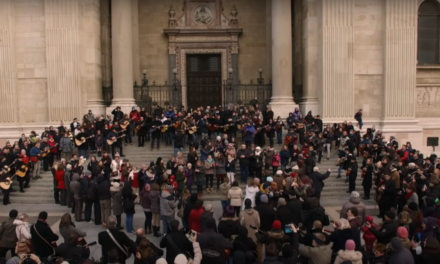The eighty-year-old dream of the reformed people of Balatonakaratty came true with the completion of their new church. The message of the word today is that the foundation of Christ, created by God, stands firm at all times, and this church was not only built on a reinforced concrete foundation, but rather on the foundation of Christ, emphasized Bishop József Steinbach at the church dedication service held on Saturday.
Indeed, everyone - the church district, the government, the local government, the faithful - contributed to the completion of the church in Akarattya, dreamed up in 1943. The former communist government even took the plot from the parish, but since then it was not only returned, but construction could start with state support, which everyone tried to complete according to their means. The church also offered the bushel donations collected on the last Sunday of October 2020 for this purpose, so it is safe to say that the cause of the Reformed church in Balatonakaratty has swelled into a national collaboration.
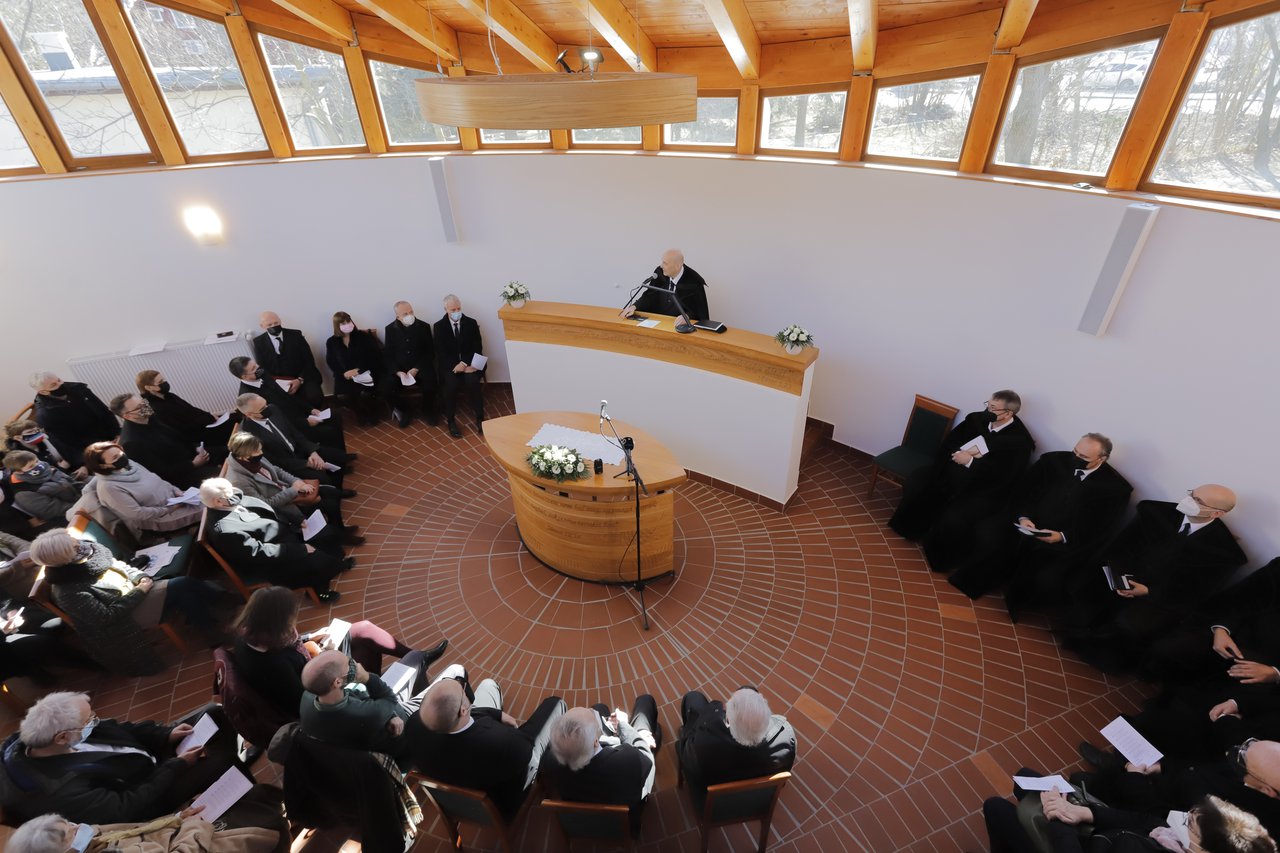
Source: reformatus.hu/Richard Kalocsai
"It is God who lays the foundation. That's so good to know. Our life is based on a divine foundation, and this church was built on a divine foundation," said József Steinbach, who delivered his sermon based on verses from the second chapter of Paul's second letter to Timothy. According to the bishop of the Transdanubian Reformed Church District, the message of the word today is that the foundation of Christ, created by God, stands firm at all times, and that the church in Akaratty was not only built on a reinforced concrete foundation, but rather on Christ. He thanked God for the "human tools" that helped build the reformed church in Balatonakaratty. "This beautiful Reformed church proclaims that God has a people in this settlement. And it calls, obliges, and this church is also a responsibility in a secular world in which we have moved away from faith. This church calls us to a profession of faith," said the bishop, adding that our mission is to be born a new person, to abandon evil amid the struggles, struggles, and tensions of everyday life, and thus confess the name of the Lord.
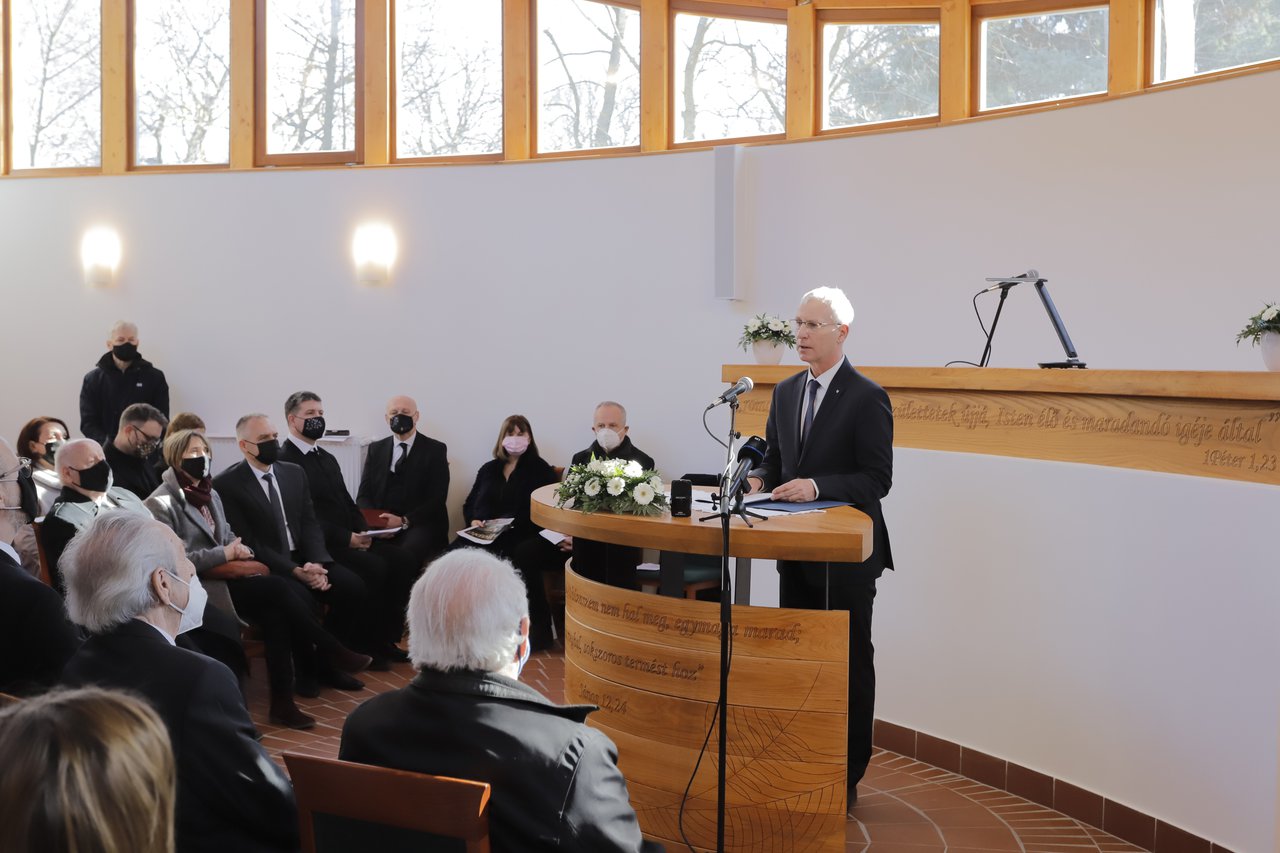
Miklós Soltész/Source: reformatus.ma/Richard Kalocsai
In his speech, Miklós Soltész praised the collaboration that eventually led to the construction of the church. The State Secretary of the Prime Minister's Office responsible for church and ethnic relations referred to the common success shared by the state, local government, church and the faithful after repeated but ultimately futile attempts during the decades of communism. Quoting the writer János Kodolányi, who spent a lot of time at Balatonakaratty, he said: "it's no coincidence what kind of fate a person has to fight through and accept".
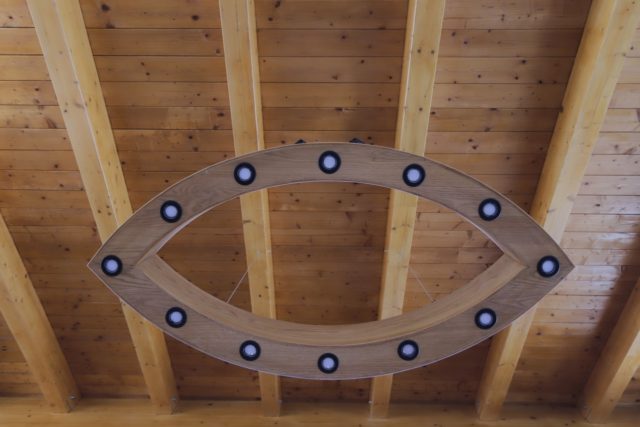
Source: reformatus.hu/Richard Kalocsai
The building with a special shape is the work of the architect György Szabó, and the floor plan evokes a seed, while the roof refers to the shape of a leaf emerging from the seed, symbolizing both the seed of the verb falling into the ground and the new life emerging from it. This symbol accompanies the entire interior of the church: biblical verses about seeds can be read on the pulpit, the master's table and the parapet of the gallery, just as the "seeds of the word" can also be discovered in the brickwork floor: ancient Christian symbols.
Source and image: reformatus.hu/ Richárd Kalocsai

